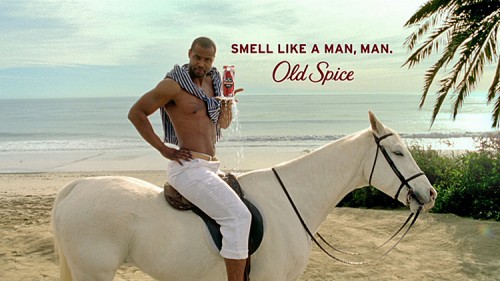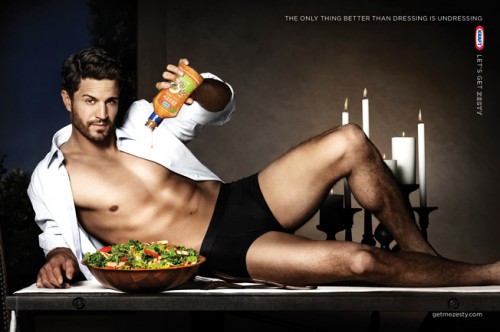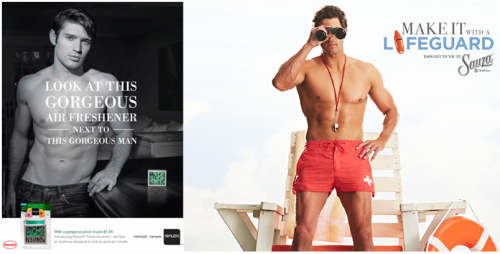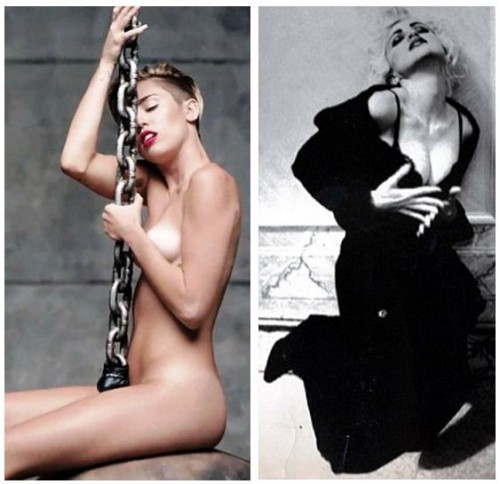‘Tis the season to remind us that men and women are different and one of women’s jobs is to pander to a hypothetical heterosexual male gaze. The University of Akron’s Will LeSuer photographed the Christmas-themed costumes for sale at a local store, noting the not-so-implicit gendered expectations.
Surprise, the main theme of the women’s costumes was cute and flirty:
The men’s themes are, let’s see, comfortable and… superhero?
And, yes, it starts when they’re kids.
Here’s a fun compare-and-contrast for maximum icky feeling. The sexualization of girls and the infantilization of women, in one holiday-themed shot (“child” costume on left, “adult” on right):
Lisa Wade, PhD is an Associate Professor at Tulane University. She is the author of American Hookup, a book about college sexual culture; a textbook about gender; and a forthcoming introductory text: Terrible Magnificent Sociology. You can follow her on Twitter and Instagram.















